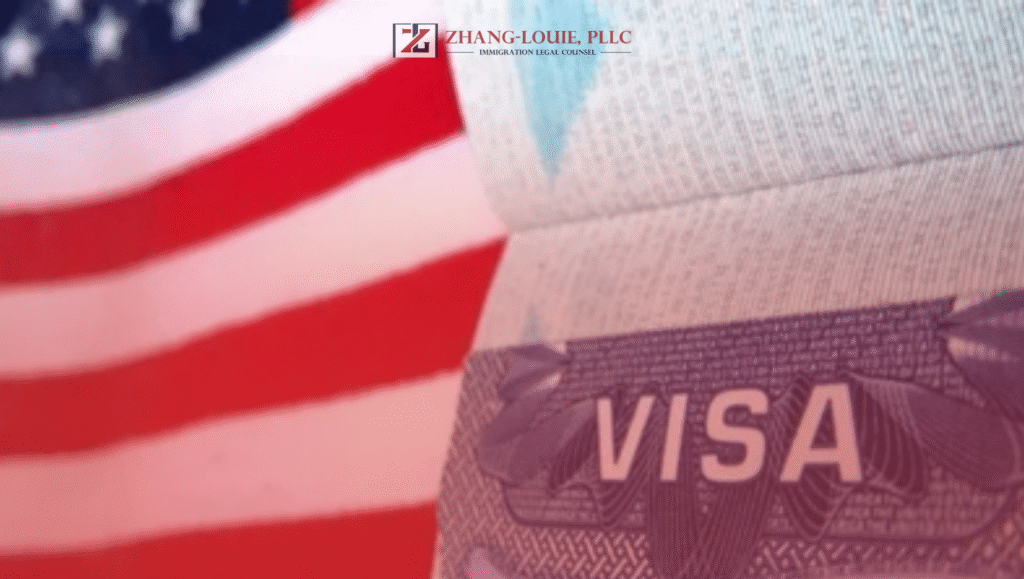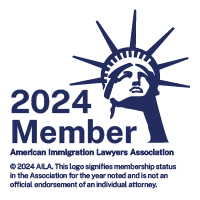
Beginning September 2, 2025, the U.S. Department of State (DOS) will end the broad use of interview waivers for nonimmigrant visa applicants. This means that most individuals renewing visas such as H, L, O, F, M, and J categories will now be required to attend an in-person interview with a consular officer.
The change marks a significant shift away from the pandemic-era flexibility that allowed many applicants—particularly those renewing visas—to bypass in-person interviews through programs like the widely used “Dropbox” process.
Who Can Still Qualify for Interview Waivers?
Although the policy is tightening, a few categories remain eligible for an interview waiver under specific conditions:
- Diplomatic and international staff: A-1, A-2, C-3 (except attendants or personal employees), G-1 through G-4, and NATO-1 through NATO-6 visas.
- Certain renewing travelers: Applicants renewing a full-validity B-1, B-2, or B1/B2 visa (or a Mexican Border Crossing Card) within 12 months of expiration may still qualify if they:
- Apply in their country of nationality or residence,
- Were at least 18 years old when their prior visa was issued,
- Have never been refused a visa (unless that refusal was overcome/waived), and
- Have no apparent ineligibility.
It’s important to note that consular officers still retain discretion—even if someone technically qualifies, they may still be asked to appear in person.
What This Means for Applicants
The rollback of interview waivers will directly affect students, exchange visitors, temporary workers, and intra-company transferees. In practice, this means:
- Longer processing times – Visa renewals will now require securing interview slots, which may be limited.
- Increased travel costs – Applicants must attend appointments in person, often at U.S. embassies or consulates in their home countries.
- Fewer exemptions – Children under 14 and adults over 79, who were once broadly exempt, will generally also need to attend interviews unless they fall into the narrow exception categories.
What Employers Should Expect
For U.S. employers, this policy update could result in delays for international employees returning to work. Companies that rely on visa categories such as H-1B, L-1, F-1, M-1, or J-1 should anticipate:
- Potential disruptions to staffing and project timelines if employees experience visa processing delays abroad.
- A need for proactive planning when scheduling renewals or overseas assignments.
- Additional administrative burden for HR teams coordinating with employees on appointment availability and compliance.
Programs involving international students, researchers, or exchange visitors (such as internships or au pair placements) may also see ripple effects.
Next Steps for Applicants and Employers
If you or your employees will need a visa renewal soon, here are some steps to consider:
- Apply before September 2, 2025 if you qualify under the current waiver rules.
- Check consular websites regularly for appointment availability and local guidance.
- Employers: Review upcoming renewal and travel needs for foreign staff and adjust timelines accordingly.
- Consult with immigration counsel early to prevent delays and ensure compliance with the new requirements.
At Zhang-Louie PLLC, we work closely with both individual applicants and employers to navigate visa renewals, interview requirements, and policy changes like this one. By planning ahead and understanding the updated rules, you can reduce unexpected disruptions to travel, study, or work in the United States.
GET IN TOUCH

